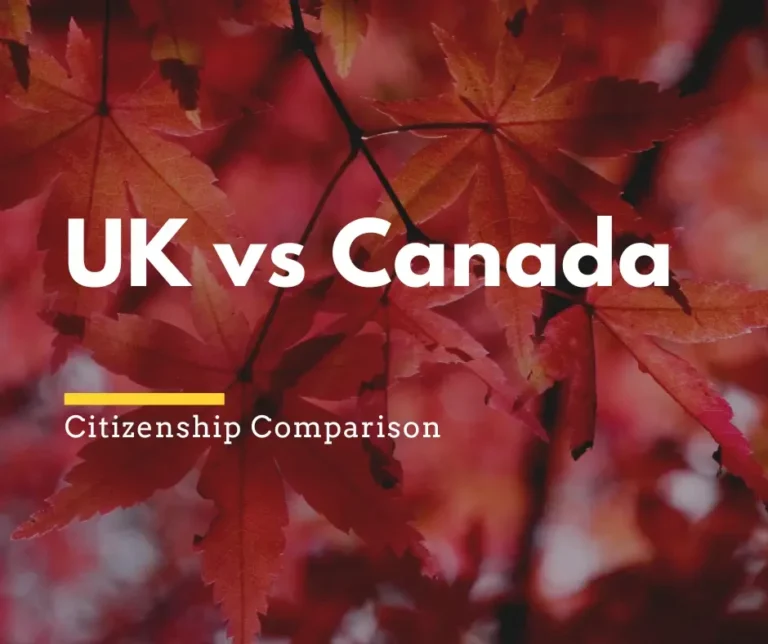LIFE IN THE UK CHAPTER TEST SERIES EXAM 3.3
Individualism and Freedom in the UK
The United Kingdom has a long-standing reputation for valuing individualism and personal freedom. These fundamental principles have profoundly shaped the nation’s culture, politics, and society. While deeply rooted, these values are continuously evolving in response to societal changes and global influences.
Historical Foundations
The origins of individualism in the UK can be traced back to the Magna Carta, a charter of liberties granted by King John in 1215. This document established the principle that the monarch’s power was not absolute and that individuals had certain rights. The English Civil War in the 17th century further solidified the concept of individual liberty, as the conflict was largely driven by debates about the rights of the individual versus the power of the state.
The Enlightenment, an intellectual movement that emphasized reason and individual rights, also had a significant impact on British thought. Philosophers such as John Locke and John Stuart Mill articulated ideas about individual liberty, property rights, and limited government, which continue to resonate today.
Individualism in British Culture
Individualism is deeply embedded in British culture. It manifests in various ways, including a strong emphasis on personal achievement, self-reliance, and the pursuit of happiness. The British education system, for example, is designed to foster independent thinking and critical analysis. Career paths are often chosen based on individual interests and aspirations rather than familial or societal pressures.
Moreover, British society values personal space and privacy. This is reflected in the relatively reserved nature of social interactions and the importance placed on individual homes as personal sanctuaries.
Freedom of Expression and Choice
Freedom of expression is a cornerstone of British society. This includes the freedom to hold and express opinions, to engage in peaceful protest, and to access information. The media plays a vital role in upholding these freedoms by providing a platform for diverse viewpoints.
Freedom of choice is another key aspect of British life. Individuals have the right to make their own decisions about education, career, lifestyle, and personal relationships. This autonomy is seen as essential for personal fulfillment and well-being.
Balancing Individualism and Collectivism
While individualism is a dominant value, it is important to note that British society also recognizes the importance of community and collective responsibility. This balance is evident in the country’s commitment to social welfare programs, healthcare, and education.
There is a growing awareness of the need to address inequalities and to ensure that everyone has the opportunity to thrive. This has led to a more nuanced understanding of individualism, which now encompasses the idea of individual rights within a framework of social justice.
Challenges and Debates
The concept of individualism in the UK is not without its challenges. The increasing complexity of modern life, combined with economic pressures, has led to debates about the limits of individual freedom and the role of the state. Issues such as surveillance, privacy, and inequality have raised questions about the balance between individual rights and the common good.
Furthermore, the UK’s membership in the European Union (and subsequent departure) has sparked discussions about the relationship between national sovereignty and individual freedoms. The extent to which the EU impacted individual rights and liberties remains a subject of ongoing debate.
Conclusion
Individualism and freedom are deeply ingrained in the British psyche, shaping the nation’s culture, politics, and social fabric. While these values have evolved over time, they continue to be central to British identity. The ability to balance individual rights with the needs of society remains a complex challenge, but it is one that is essential for the continued vitality of the nation.




